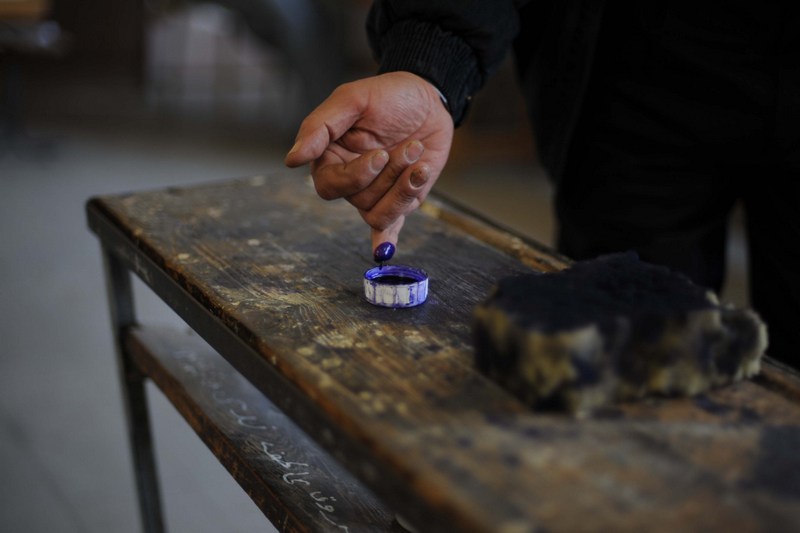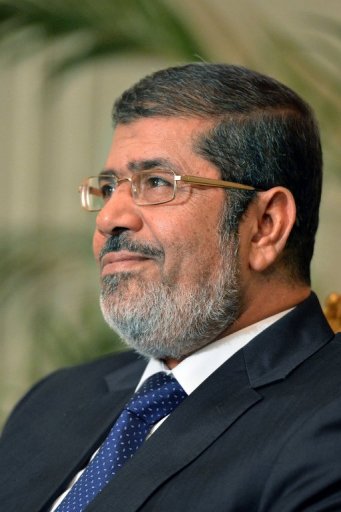CAIRO: Ever since surviving breast cancer 20 years ago, Musa Mayer has devoted her life to raising awareness about the disease, specifically metastatic breast cancer (MBC), which is “what happens when breast cancer spreads to other parts of the body, most commonly the bones, liver, lungs and the brain and what causes women to die from breast cancer.
Mayer, currently in Egypt as part of the second annual Africa Breast Cancer Conference, is advocating an important message to women: “Do not be afraid if you find a lump in your breast. Go to the doctor and get checked and [whatever it is you can survive it] I’m living proof of that, she says.
She is working on improving the quality of life for women with MBC. “It’s not a final death sentence as you can live for years, said Mayer, adding that women with MBC live an average of two to three years.
Mayer she has been participating in the BRIDGE Survey – Bridging Gaps, Expanding Outreach Metastatic Breast Cancer Patient Survey.
The survey is a global assessment of the needs, experiences and attitudes of women living with MBC among 950 women in nine countries: the United Kingdom, France, Spain, Belgium, Poland, the United States, Argentina, Egypt and Mexico.
Results from this survey, which was conducted by Harris Interactive and sponsored by Pfizer Oncology, found that “despite the negative impact of their disease, a majority still enjoy life and desire public attention that recognizes their unique experiences . the international committee of experts overseeing the survey advocate tailored education programs to raise awareness of the needs of women with MBC, as stated in a press release by Pfizer.
After interviewing nearly 100 women with MBC in Egypt, one key factor Mayer found was that diagnosis is very common. “We asked them about their needs, giving them emotional support and making them not feel ashamed of themselves, she said.
“In Egypt, people don’t even want to mention the name of the cancer, they refer to it as the bad disease, they are afraid to speak openly about it, explained Mayer.
Breast cancer is the leading cause of cancer death among women worldwide with an estimated 1.3 million new cases every year and 465,000 annual deaths.
The majority of women with breast cancer in developing countries are diagnosed with advanced stage or MBC. Unlike early stage breast cancer, there are no curative therapies for MBC and patients undergo continuous treatment to control the spread of the disease and its symptoms.
Mayer herself has been diagnosed at a later stage. “I found a lump, the mammogram didn’t show it and the doctor told me not to worry about it, I was diagnosed a year later when it was larger, she recalls.
Going through her chemotherapy treatment and the mastectomy, one thing that kept Mayer going was the survivors of the disease who reached out to her. “Their stories had a huge impact and I’ve realized the difference it made in the lives of women, she said.
Soon after her recovery, Mayer started her breast cancer advocacy work, focusing on MBC, as “they are a certain group with special needs that haven’t been addressed.
She has written three books on breast cancer, including “Advanced Breast Cancer: A Guide to Living with Metastatic Disease. In addition, she has written numerous articles on the topic for magazines, newsletters, websites and scientific journals.
Her advice to every woman is to know that if the cancer is diagnosed early it can be cured.
But there remains a stigma and fear of having the disease. She thinks that there is a struggle in Egypt to persuade women to regularly get a mammogram.
“Public figures need to come out and talk about their own experiences. That will make a difference, said Mayer. “Only through speaking openly about the disease will people be able to live the best life, she added.

